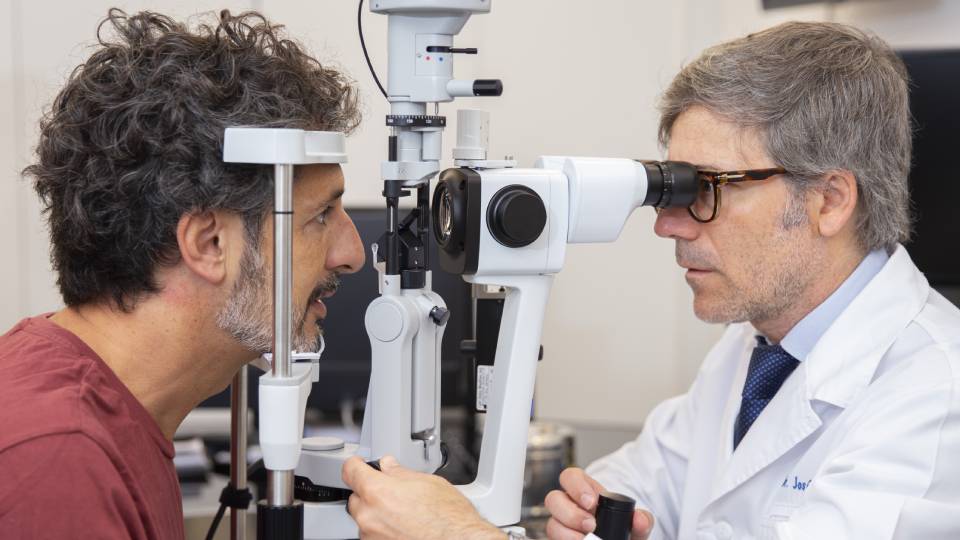We signed a collaboration agreement with the Ministry of Health and Population of Egypt
26/02/2026

20/05/2025
LASIK is a corneal eye surgery that corrects refractive problems such as myopia, hyperopia, and astigmatism, allowing for a reduction or elimination of the need for glasses or contact lenses. It is a safe and effective technique, but not everyone can undergo this surgery. To determine whether you are a good candidate for LASIK surgery, it is necessary to attend a consultation with an ophthalmologist for a personalised diagnosis.
If you are asking yourself, “am I suitable for LASIK surgery?”, here we clear up all your doubts about the general criteria for undergoing LASIK.
To be a good candidate for LASIK, you must meet the following criteria:
Not everyone can have the surgery. These are some contraindications:
If you present any of these conditions, LASIK may not be the best option for you, but there are other alternatives in corneal refractive surgery such as the SMILE or PRK techniques, or procedures involving an intraocular lens.
LASIK is effective within certain prescription ranges, although these are indicative and will also depend on other parameters such as corneal thickness or curvature:
If your prescription exceeds these values, the ophthalmologist will evaluate other surgical options.
To confirm whether you are a good candidate, we perform ophthalmological tests such as:
These exams allow specialists to determine whether LASIK surgery is appropriate and safe for your eyes.
Dr Paola Sauvageot, ophthalmologist at the Barraquer Ophthalmology Centre
Almost all wearers of glasses and contact lenses consider reducing their prescription with refractive techniques at some point. In this chapter we explain all the options and help you know when it is worth having surgery, who is a good candidate and why it is so important to choose where to go.